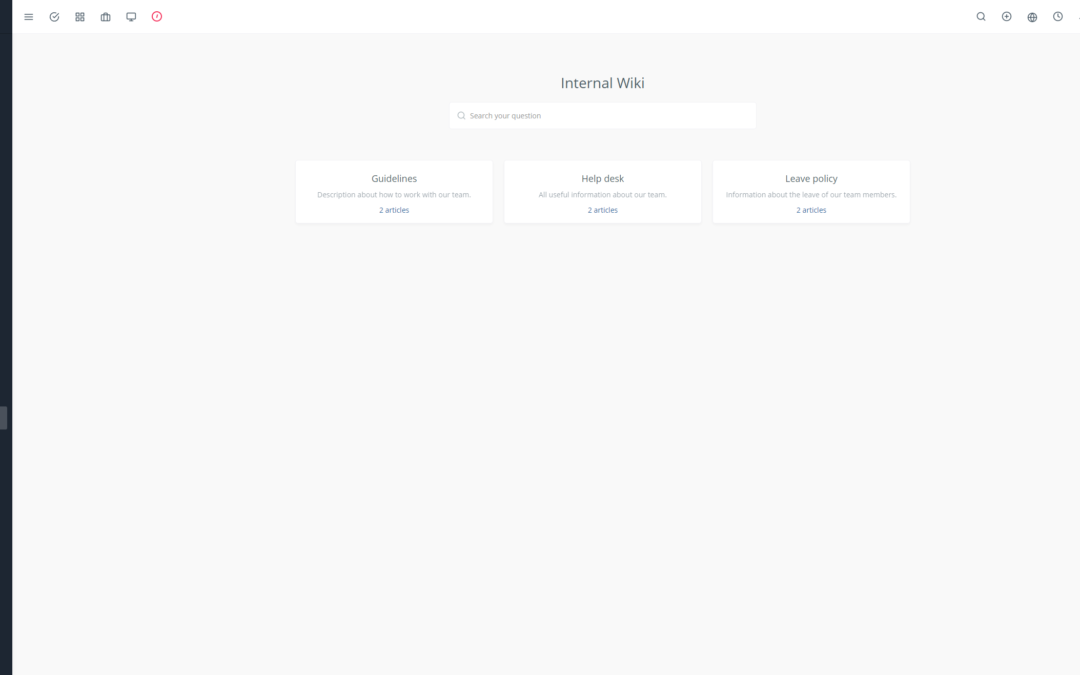CRM (Customer Relationship Management) has become an essential tool for modern marketing agencies. It allows you to manage customer relationships, optimize marketing campaigns, and maximize sales. But with a multitude of technical terms, it can be difficult to navigate.
This article provides a comprehensive glossary of key CRM terms to help you better understand the features and benefits of this powerful system.
1. CRM (Customer Relationship Management):
CRM is a system that centralizes data and interactions with your customers, allowing you to get to know them better and personalize your marketing actions. It helps you improve communication, customer satisfaction, and loyalty.
2. Customer Relationship Management:
This is the heart of CRM. It encompasses all actions aimed at building, maintaining, and developing long-lasting relationships with your customers. It involves understanding their needs, adapting your offerings, and effectively resolving their issues.
3. Marketing Automation:
Marketing automation is the use of software to automate repetitive marketing tasks, such as sending emails, creating reports, and segmenting customers. This frees up time to focus on more strategic tasks.
4. Contact Management:
CRM stores and organizes your contact information, such as names, email addresses, phone numbers, and interaction histories. This allows you to easily track your customer relationships.
5. Customer Segmentation:
Customer segmentation involves dividing your customer base into distinct groups based on criteria such as age, gender, interests, or purchasing habits. This allows you to personalize your marketing campaigns and maximize their impact.
6. Email Marketing:
Email marketing is a form of marketing communication that uses emails to reach your customers. CRM facilitates the creation, sending, and tracking of your email campaigns.
7. Automated Marketing:
Automated marketing uses automated workflows to trigger marketing actions based on your customer behavior. For example, a welcome email can be automatically sent to a new customer.
8. Lead Scoring:
Lead scoring assigns a numerical value to each prospect based on their buying potential. This allows you to prioritize your sales actions and target the most promising leads.
9. Lead Management:
Lead management is the process of capturing, qualifying, and tracking potential leads. CRM helps you effectively manage your leads and convert them into customers.
10. Sales Pipelines:
Sales pipelines visualize the advancement of leads through the different stages of the sales cycle. CRM allows you to track the progress of your leads and measure the effectiveness of your sales efforts.
11. Sales Cycles:
The sales cycle is the period between the first interaction with a prospect and the conclusion of a sale. CRM helps you optimize your sales cycles and reduce the time it takes to close a sale.
12. Sales Attribution:
Sales attribution determines which marketing actions contributed to the realization of a sale. CRM helps you identify revenue sources and optimize your marketing spending.
13. CRM Reports and Analytics:
CRM provides detailed reports and analytics on your business activity. This data helps you make strategic decisions and improve your performance.
14. CRM Integration:
CRM integration allows you to connect your CRM to other marketing tools, such as e-commerce platforms and social networks. This allows you to centralize your data and further automate your processes.
15. API (Application Programming Interface):
APIs are interfaces that allow your CRM to communicate with other applications. This allows you to create custom connections and automate complex processes.
16. Customer Data:
Customer data is all the information collected about your customers, such as demographics, purchase history, and preferences. CRM is the central storage and management hub for this valuable data.
17. Database Management:
Database management is an important aspect of CRM. It involves storing, managing, and securing customer data.
18. Data Compliance:
Data compliance is essential to comply with laws and regulations regarding data protection. CRM helps you manage compliance and protect your customer information.
19. Data Security:
Data security is a crucial aspect of CRM. It is important to protect customer data from unauthorized access and cyber threats.
20. Predictive Analytics:
Predictive analytics uses algorithms to predict future customer behaviors. CRM helps you identify opportunities and anticipate your customers’ needs.
In conclusion, CRM is a powerful tool that can revolutionize your marketing approach and allow you to build stronger relationships with your customers. By mastering the key terms, you are better equipped to leverage all the features of CRM and achieve the results you want. 📈

